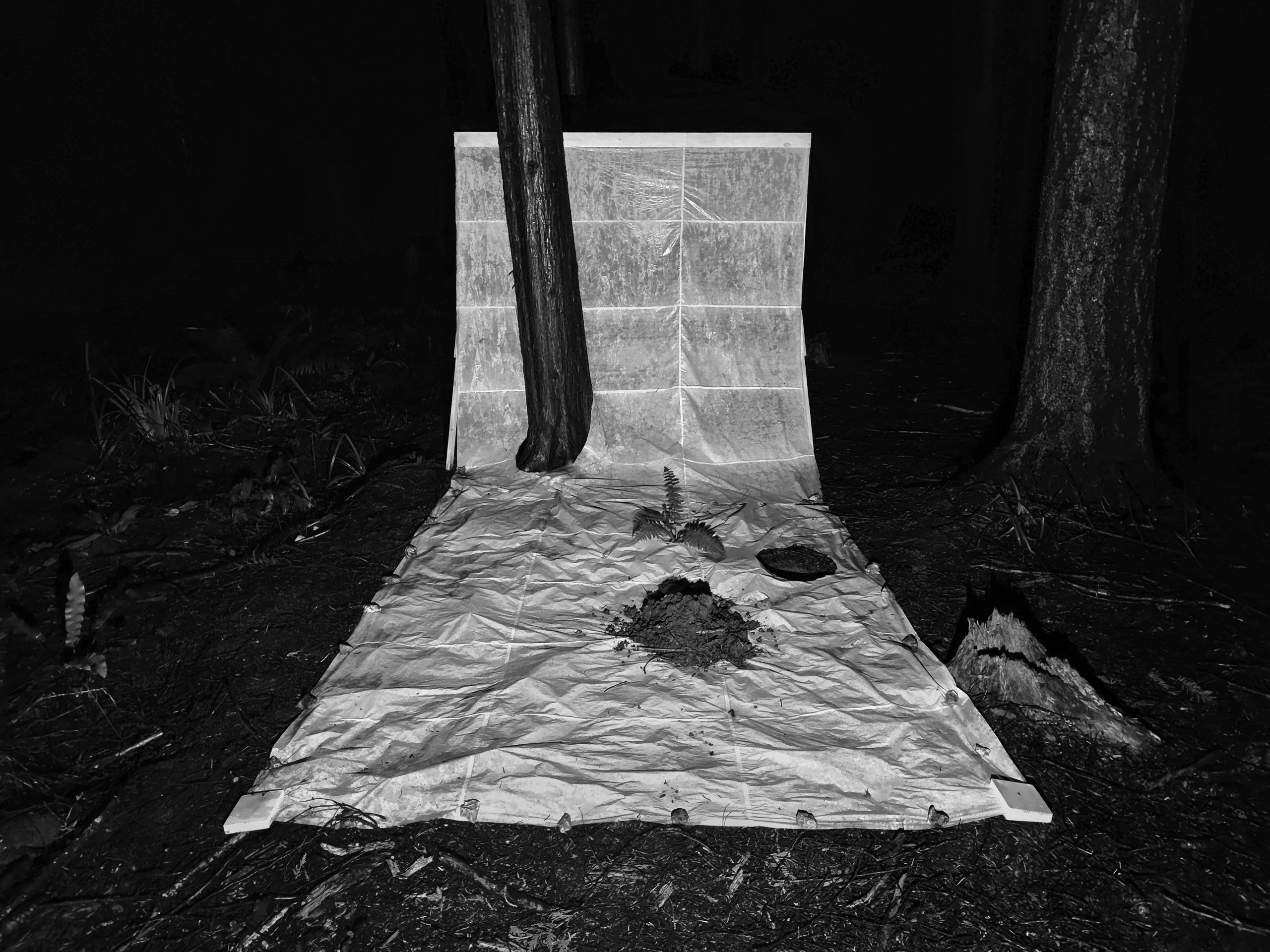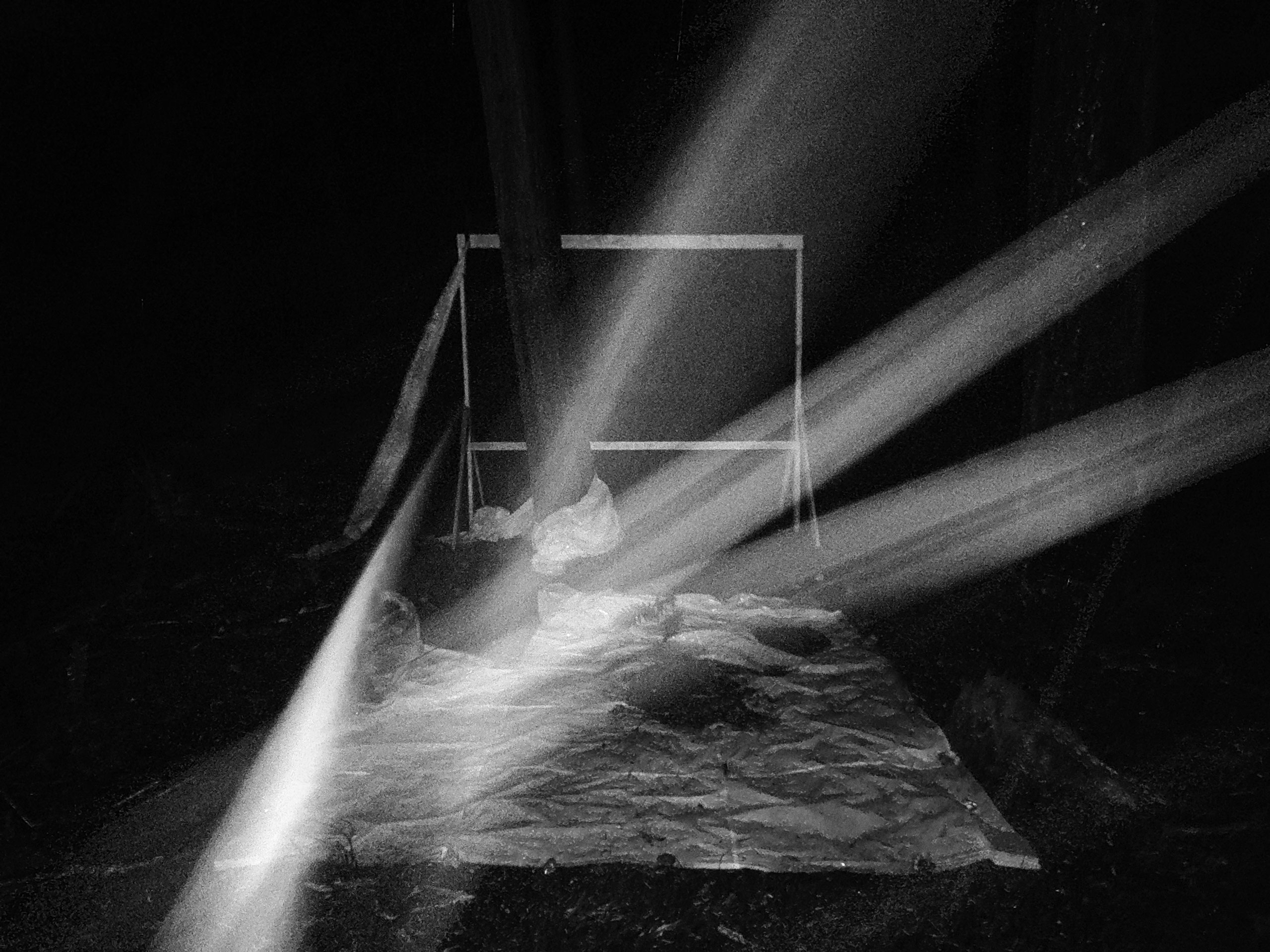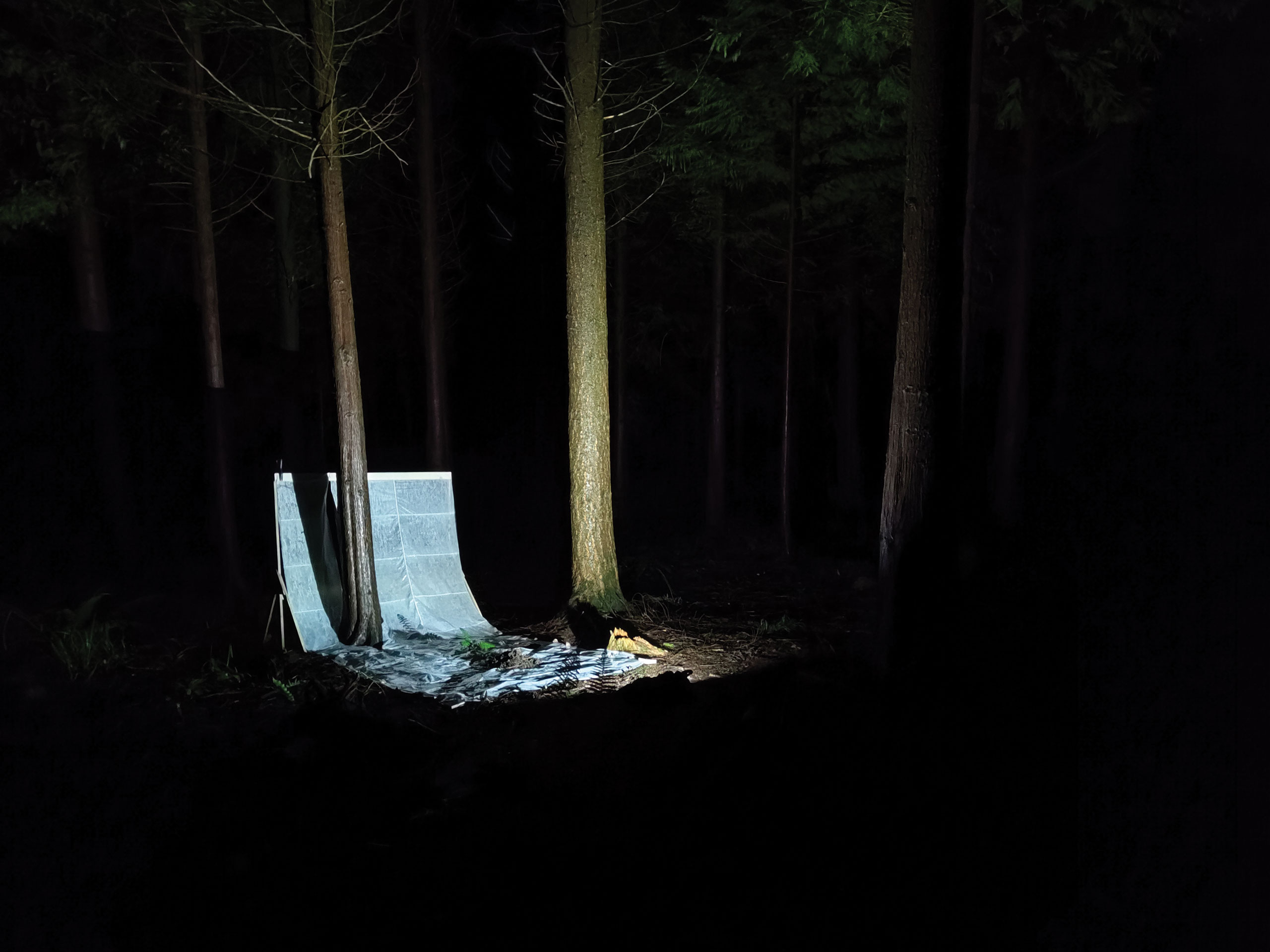
From Sara Ahmed, “Queer Phenomenology”
“I arrived at phenomenology because, in part, the concept of orientation led me there. This point can be made quite simply: orientations involve different ways of registering the proximity of objects and others. Orientations shape not only how we inhabit space, but how we apprehend this world of shared inhabitance, as well as ‘‘who’’ or ‘‘what’’ we direct our energy and attention toward.”







From Gilles Deleuze, “Cinema 2”
“The connection of the parts of space is not given because it can come about only from the subjective point of view of a character who is, nevertheless, absent, or has even disappeared, not simply out of frame, but passed into the void. In The Outcry, Irma is not only the obsessive, subjective thought of the hero who runs away to forget, but the imaginary gaze under which this flight takes place and connects its own segments: a gaze which becomes real again at the moment of death. And above all in The Adventure, the vanished woman causes an indeterminable gaze to weigh on the couple - which gives them the continual feeling of being spied on, and which explains the lack of co-ordination of their objective movements, when they flee whilst pretending to look for her.”








